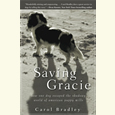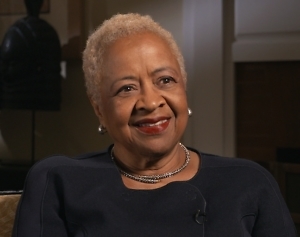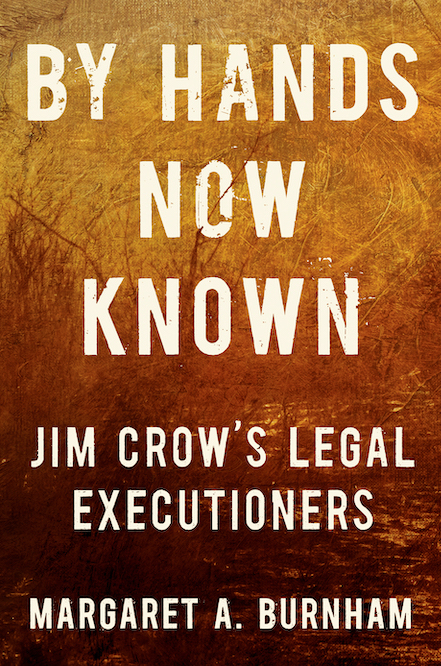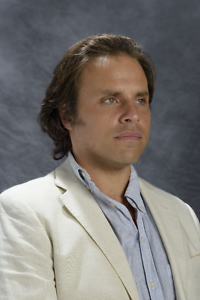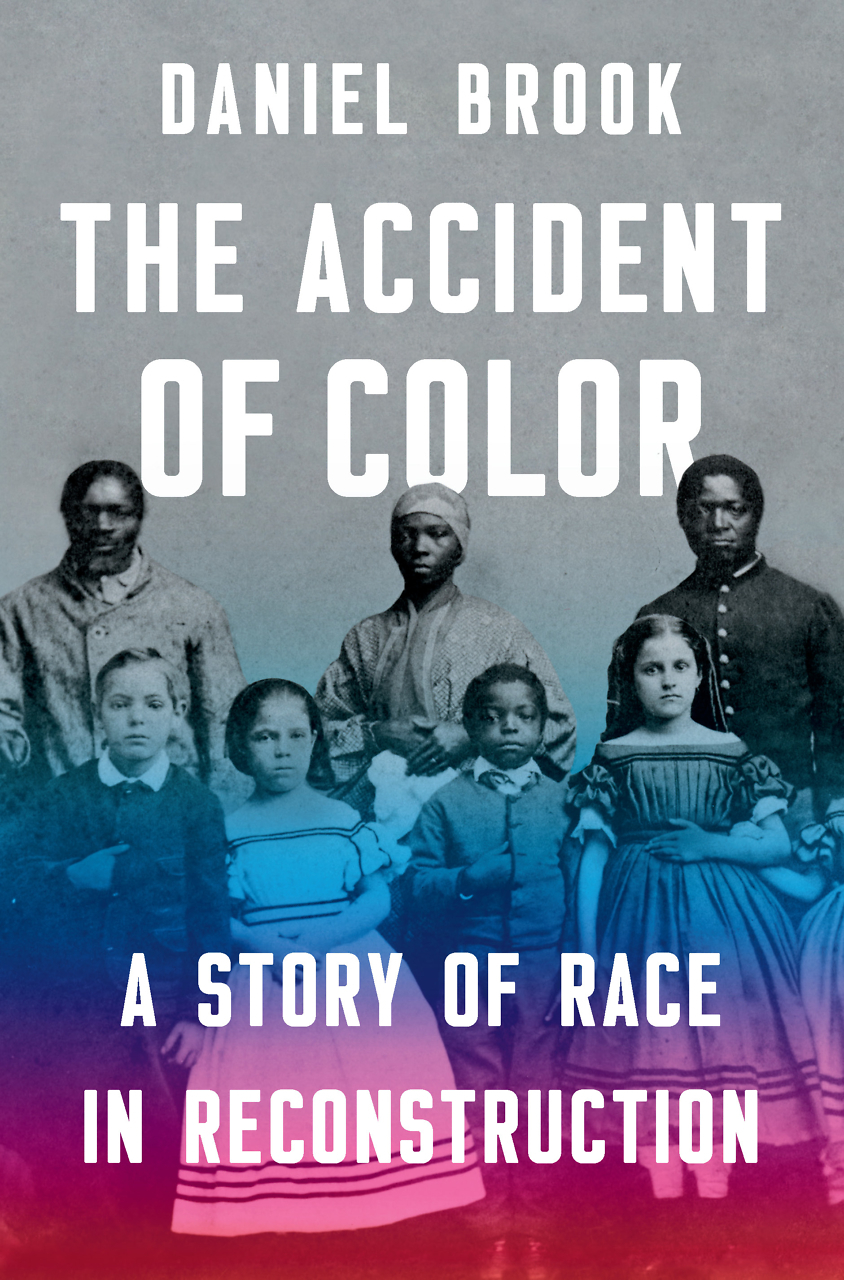From Ahab to Akmaaq
John Minichillo’s The Snow Whale is a satirical retelling of Melville’s Moby-Dick
In John Minichillo’s debut novel, The Snow Whale, John Jacobs spends his days selling office novelties called “desk doodles” and bemoaning the complacency of his mediocre life. Then, out of boredom-induced curiosity, Jacobs takes a mail-order DNA test and discovers that he is 37 percent Inuit. Suddenly, the life of hocking desk-doodles becomes even more mind-numbingly irrelevant. Jacobs begins to feel strange urges. To the chagrin of his subdivision’s neighborhood association, he paints his house igloo-white. Spontaneously, in front of dinner guests, he seizes a slice of bacon meant for the fryer and gobbles it down raw. Jacobs sends off a letter to the Inuits of North Halcyon, Alaska, inviting himself to take part in their notorious annual whale hunt. “Please don’t come,” they tell him. Undeterred, Jacobs takes his credit-card to REI and emerges with a new wardrobe replete with Gore-Tex, down, and battery-powered socks.
Jacobs shortly finds himself bound for the Great White North, abandoning his bewildered wife. He soon joins a cast of comic eccentrics in the bizarre off-the-grid frontier world of North Halcyon, where men are hunters, women are surprisingly frisky, white men are suspicious, and black men are all but unheard of.
In The Snow Whale, John Minichillo, a creative-writing professor at Middle Tennessee State University, adapts Melville’s Moby-Dick in much the same way the Coen Brothers transformed The Big Sleep into The Big Lebowski and The Odyssey into O Brother, Where Art Thou? There are, of course, the recognizable elements: Ishmael becomes office drone John Jacobs, who is either inspired or insane; Queequeg the harpooner becomes Q., a precocious African-American teenager who dreams of being the next Spike Lee; and Ahab becomes Aqmaaq, an aging, one-eyed Inuit chief who likes peach schnapps and surfing the Internet but is driven to regain his lost credibility by capturing a certain elusive white whale. Meanwhile, back at home, Jacobs’s abandoned wife, Jessica, emerges from her own state of ennui to conceive a life in which she might have more to look forward to than the sight of a defeated man walking through the door at dinner time.
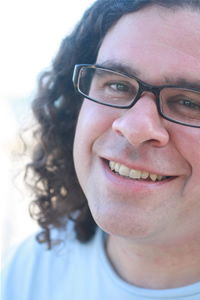 Built on an absurd premise, The Snow Whale is essentially a comedy, full of farcical situations and slapstick dialogue. But as the journeys of both John and Jessica Jacobs unfold, John Minichillo manages a surprisingly deft and provocative turn into stronger themes of both a political and personal nature. For Jacobs and Jessica, their separate quests evolve from the flounderings of unhinged suburbanites into existential journeys of profound significance. For the Inuit, who watch their way of life disappear by the hour as the polar ice caps melt, there is much more at stake than the mid-life crisis of a so-called “Jonah” from the Lower Forty-Eight. The Snow Whale also becomes, in its final third, a genuinely gripping and persuasive adventure story with an unpredictable and satisfying conclusion.
Built on an absurd premise, The Snow Whale is essentially a comedy, full of farcical situations and slapstick dialogue. But as the journeys of both John and Jessica Jacobs unfold, John Minichillo manages a surprisingly deft and provocative turn into stronger themes of both a political and personal nature. For Jacobs and Jessica, their separate quests evolve from the flounderings of unhinged suburbanites into existential journeys of profound significance. For the Inuit, who watch their way of life disappear by the hour as the polar ice caps melt, there is much more at stake than the mid-life crisis of a so-called “Jonah” from the Lower Forty-Eight. The Snow Whale also becomes, in its final third, a genuinely gripping and persuasive adventure story with an unpredictable and satisfying conclusion.
On the eve of The Snow Whale’s official release, John Minichillo answered questions from Chapter 16 via e-mail.
Chapter 16: So: ever tried one of those DNA tests?
Minichillo: That would be extravagant. On my mother’s side, my grandfather was obsessed with genealogy, so I’ve got all those pedigree charts. On my father’s side, my grandparents came from Italy, and that always seemed enough of the story to explain my history.
Chapter 16: In my reading, The Snow Whale is really less a re-telling of Moby-Dick than a comic juxtaposition of the trivial world of cubicle culture with the disappearing lifestyle of indigenous tribes on far-flung frontiers. Nevertheless, your variation on the major characters and events of Melville’s grand epic is delicately and cleverly crafted. How did you conceive the novel’s conceit, and to what extent did your imagining of the plot and characters grow out of your reading of Moby-Dick?
Minichillo: I was interested in doing rewritings of famous stories, and I had done a few on the short-story level, but none as great (both in size and reputation) as Moby-Dick. I was driven by the prospect of playing around with the white whale. Melville’s work is in the public domain, and the white whale is probably the most famous character in all of American Literature. I hadn’t read Moby-Dick for many, many years and I dabbled around in it, but didn’t want to be bogged down by being too faithful to it. Moby-Dick gave me a loose structure, certain milestones to hit along the way, so it was probably more important to me as a writer than it would be to a reader.
And you’re right; getting that balance was tricky. There’s a cult of Melville out there, and while the humor is disarming, there will probably be a few purists who will think I should have left the whale alone. The Moby-Dick tie-in also gave me a way to talk about the book. If you tell someone you are writing about “the juxtaposition of blah blah blah,” they stop listening.
Chapter 16: The novel’s initial conceit is somewhat fantastical, but your descriptions of setting and action in Alaska—particularly the whale-hunting adventures—are both gripping and remarkably persuasive. What sort of research was involved in mastering the logistics of traditional whale-hunting practices?
Minichillo: It was an important moment for me when I decided to do the courageous thing and step out into the unknown. This is what my main character does, though he’s got a lot more (naive) courage than I do. I read as much as I could about Inupiat whaling and also came across photo essays. I felt like I found the right details to sprinkle in and make it believable. It was never my goal to write a realistic account, however, and so I think the aesthetic side is really important here. If the sentences feel right, if they convey the right sensory information, and the pace of the plot elements keeps the story charging forward, then the reader may be a bit spellbound by the foreign / fantastical elements you mention and less likely to stop and question the world that is being presented as “real” or as “not real enough.” I don’t know how the Inupiat or the folks living up in Alaska will receive the book. I hope my take is at least seen as respectful.
Chapter 16: I’m intrigued by how you manage the back-and-forth between Jacobs’s adventures and his wife Jessica’s transformation back at home while her husband is off on the kind of mid-life-crisis journey that would inspire many wives to look into having their husbands committed. How did you conceive Jessica’s role in the story?
Minichillo: In the earlier drafts, the bulk of Jessica’s thread wasn’t there. I was sending this book to agents, who are mostly female, and many of them were probably looking for books sympathetic to a female audience. They didn’t come out and say that, but what they did say was that they didn’t like the way Jacobs behaved toward his wife and why would she put up with that? For me it was important for him to lose it a little, as a satire, and my solution was to balance his comic transformation by filling out Jessica’s role. It amounted to adding about sixty pages, and it kept an anchor to the earlier satiric sections of the book.
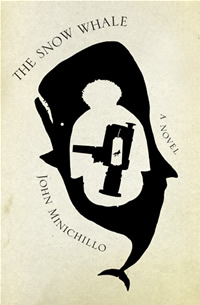 My wife, the writer Katrina Gray, wrote one of the most important scenes for Jessica, and it is one of the nicest things anyone has ever done for me. When you write a book, when you finish a book, when you have things the way you want them, it can be really hard to accept criticism. And so over and over I’m hearing I need to do more with Jessica, and I know this deep down, but I’m blocked, I can’t quite figure her out, mostly because I’m more interested in getting to the whale. So when I talked to my wife about it, she said it was OK to leave her out, but that yes, there was certainly room for her to grow. I asked her to write one of the scenes and, to my surprise, she said yes.
My wife, the writer Katrina Gray, wrote one of the most important scenes for Jessica, and it is one of the nicest things anyone has ever done for me. When you write a book, when you finish a book, when you have things the way you want them, it can be really hard to accept criticism. And so over and over I’m hearing I need to do more with Jessica, and I know this deep down, but I’m blocked, I can’t quite figure her out, mostly because I’m more interested in getting to the whale. So when I talked to my wife about it, she said it was OK to leave her out, but that yes, there was certainly room for her to grow. I asked her to write one of the scenes and, to my surprise, she said yes.
I started the Jessica sections at a rock festival, if you can believe that. I would wake up very early in the morning, in a tent city, surrounded by tired, dirty, hung-over Bacchanalians, and I wrote all over the manuscript with a pen, with my computer many miles away. I’d been sending the book out for at least a year and was getting rejected, and so it felt really good to get excited about it again. And then at night I got to see Bruce Springsteen join Phish on stage.
Chapter 16: Your publisher, Atticus Books, is a relatively new small press. How did you happen to land there? What role do you hope smaller presses will play in the evolving literary landscape?
Minichillo: I can’t really recommend the path I took to anyone, but I’m really happy to be with this publisher. After I added the Jessica thread, I spent another year sending the book to agents, only to be rejected for another year. I don’t know what role the small presses will play, but it seems obvious the large presses have ceded their gatekeeper role to the agents. I was also sending the book to small presses, but small presses can be more difficult to be accepted by than agents / the big houses, simply because they tend to publish only a handful of books per year, and it has gotten so that agents are also sending to the small presses, too. In addition, most small presses have a backlog of two years, so they tend to sit on your submission for more than six months before they reject.
Writing a book that you really believe in and having it rejected by everyone for two years was really painful. At a certain point I decided to get as much short work as I could on the web and to try to build an online presence for myself, and instinctively I knew this would lead me to a small publisher. Eventually, that’s what happened. Because I became much more in tune with the writing that is published on the web and with the small-press world, I came across Atticus Books soon after they started publishing, and it was the right time for me to submit. What I’ve gained is a kind of autonomy. I can email my publisher, and he’ll get back to me. He’s a guy who believed in the book enough to invest his own money in it, and for that I’m extremely grateful.
Chapter 16: The Snow Whale is, essentially, a comic novel, but in addition to taking on an American classic, you also take on some pretty heavy topics: global warming, the question of tribal rights vs. the protection of endangered species, racial identity politics, etc. What, in your view, is the relationship between comedy and/or satire and social/political commentary in fiction?
Minichillo: I see myself as a descendant of the Updike / Cheever brand. People like to think of these guys as sending up the suburbs, and I certainly do that. But then Cheever’s masterpiece is Falconer, a novel set in a prison, and his last book, Oh What a Paradise it Seems, has the plot of the mafia dumping garbage into a pond, a Cheever book about the environment.
There’s a lot of discussion on writer’s forums about political themes in fiction, and the consensus is that it’s a drag for readers, that it risks becoming preachy. The beauty of satire is that you don’t have to solve anything. As an actual living and breathing human being, I live in a neighborhood where it’s not uncommon to hear gunfire, where all of the telephone poles have been replaced because people drive too fast or they drive drunk. I could go on and on, because our position at this point in history is absurd in the extreme. If I’m honest about what I see, it gets into the work and being able to slip these details in stealthily is one of the joys of writing for me. There’s this strong trend of dystopian novels as the main form of contemporary political fiction. For me those kinds of stories are too easy and too far removed from the way we actually live. I’m trying to do something that’s more subtle.
Chapter 16: Readers of The Snow Whale will be both charmed and chastened by Jacobs’s transformation from a cold-calling sales executive with a life utterly devoid of adventure into a spear-wielding whale hunter. Are twenty-first-century Americans diminished by the ease and luxury we were accidentally born into? Are we doomed not only by our impact on the environment, but also by our effortless prosperity?
Minichillo: I’ve been asked this question a lot in different ways. I’m not someone who would enjoy hunting, and I’m really not some kind of reactionary who thinks we need to get back to basics. But the light show, the vapid celebrity news cycle, the things I’m told I’m supposed to be excited about—it’s easy to see through, and the TV culture is not a high mark for us as a people. We are distracted. We are vain. I tend to think everyone knows this, and this basic understanding of what is and what is not important is what makes the jokes work.

